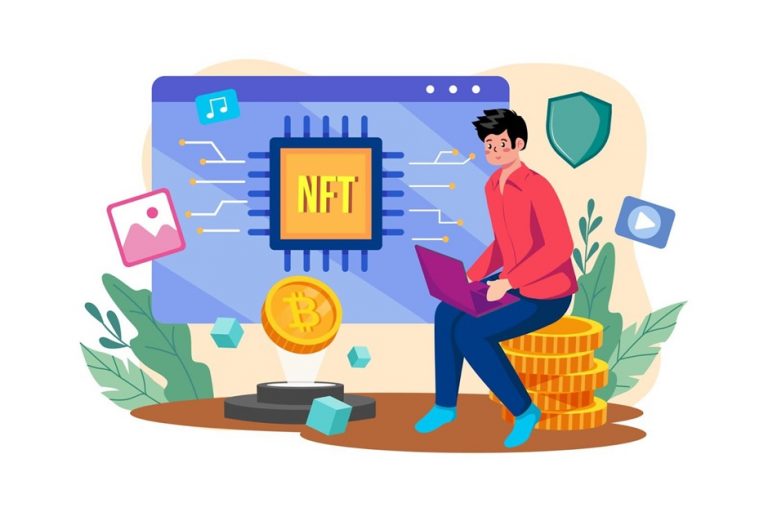Adam Weitsman’s Acquisition of 5000 Otherdeeds Spark Debates About Central Control

Billionaire Adam Weitsman acquired over 5,000 Otherside NFTs, including Otherdeeds, Mega Kodas, and Weapon Kodas, directly from Yuga Labs in an over-the-counter (OTC) deal.
This purchase, representing nearly half of Yuga Labs’ 10,400 Otherside NFT holdings, is a show of long-term support for the Otherside metaverse, a gamified virtual world blending MMORPG and Web3 elements. Weitsman also plans to acquire more NFTs on the open market, signaling confidence in the project’s future despite a 95% decline in the NFT market’s trading volume.
Following the announcement, the Otherside collection’s floor price rose to a one-month high of 0.19 ETH. Yuga Labs, known for Bored Ape Yacht Club, has been focusing on Otherside after divesting assets like CryptoPunks and Moonbirds.
Co-founder Greg Solano praised Weitsman’s commitment, noting his role as a key partner in the project’s next phase. Adam Weitsman’s acquisition of over 5,000 Otherside NFTs from Yuga Labs raises several implications and concerns regarding central control in the context of NFTs and the broader Web3 ecosystem.
Register for Tekedia Mini-MBA edition 18 (Sep 15 – Dec 6, 2025) today for early bird discounts. Do annual for access to Blucera.com.
Tekedia AI in Business Masterclass opens registrations.
Join Tekedia Capital Syndicate and co-invest in great global startups.
Register for Tekedia AI Lab: From Technical Design to Deployment.
Weitsman’s purchase of nearly half of Yuga Labs’ Otherside NFT holdings concentrates significant ownership in the hands of a single individual. This could give him outsized influence over the Otherside metaverse’s economy, governance, or future development, especially if voting rights or utility are tied to these assets.
Weitsman’s move, coupled with his intent to buy more NFTs on the open market, signals strong belief in the Otherside metaverse’s long-term potential. This could attract other investors or developers, potentially boosting the ecosystem’s growth, but it also ties the project’s perceived success to a single player’s actions.
While Web3 and NFTs are often marketed as decentralized, such a large acquisition by one entity highlights how wealth concentration can undermine this ethos. Weitsman’s control over a significant portion of Otherside assets could mirror traditional power structures, where a few wealthy players dominate.
If Otherside’s metaverse incorporates decentralized governance (e.g., through DAOs or token-based voting), Weitsman’s large holdings could grant him disproportionate influence over decisions, potentially sidelining smaller holders and centralizing control.
With such a substantial stake, Weitsman could intentionally or unintentionally manipulate the market by selling or holding assets strategically, affecting liquidity and pricing. This could harm retail investors or create distrust in the project’s fairness.
The promise of Web3 is community-driven ecosystems, but concentrated ownership by a billionaire could shift Otherside toward a more centralized model, where one entity’s decisions heavily impact the project’s direction, contradicting the decentralized ethos.
The project’s success may become overly reliant on Weitsman’s continued support or financial involvement. If he were to exit or reduce his stake, it could destabilize the ecosystem, especially given the NFT market’s current 95% decline in trading volume.
Concentrated ownership may discourage new participants, as retail investors might feel priced out or unable to compete with “whales” like Weitsman. This could limit the diversity of the Otherside community, which is critical for a vibrant metaverse. This acquisition reflects a broader trend in the NFT space, where wealthy individuals or entities often accumulate significant portions of collections.
While Yuga Labs frames Weitsman’s involvement as a positive partnership, the concentration of assets in one person’s hands could spark debates about whether Web3 projects truly align with their decentralized ideals or simply replicate existing power imbalances in a new form.

